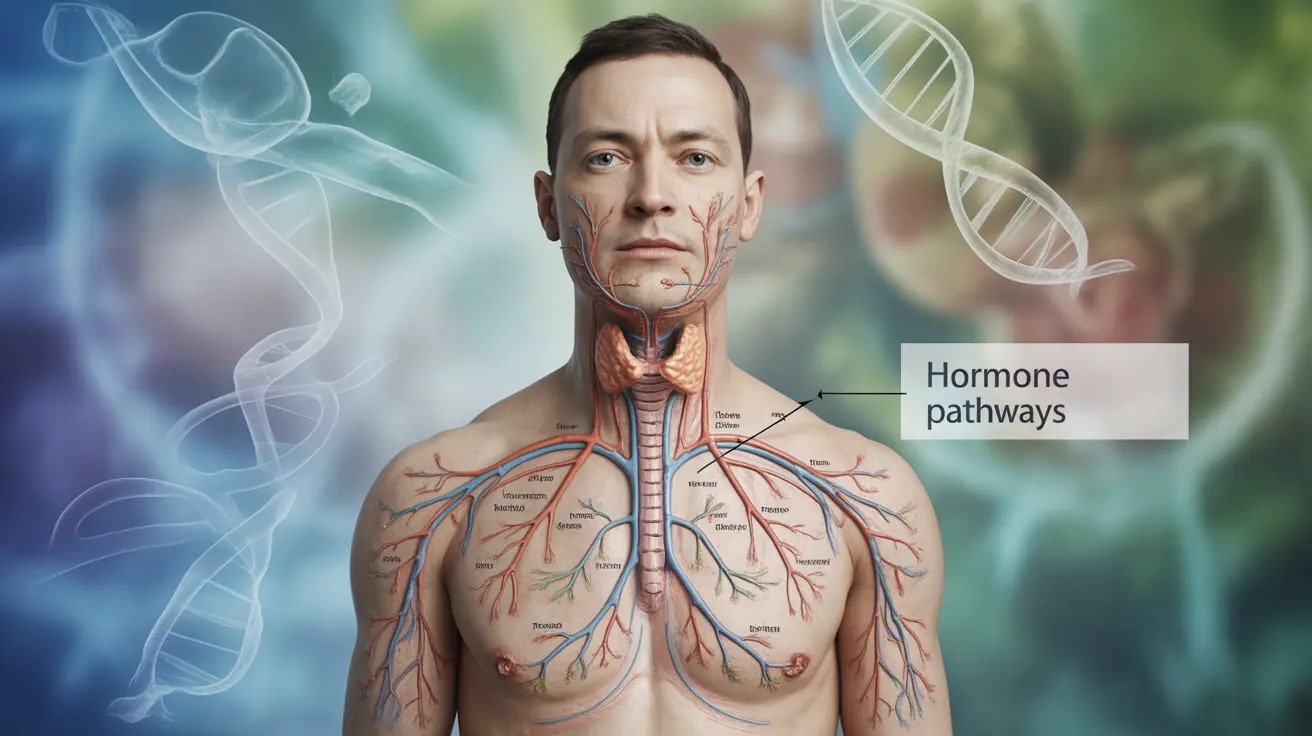Hormone imbalances can significantly impact your overall health and well-being, affecting everything from your metabolism and mood to your reproductive health. These chemical messengers play crucial roles throughout your body, and when their levels become irregular, various symptoms and health issues can arise.
Understanding the signs, causes, and treatment options for hormone imbalance is essential for maintaining optimal health and seeking appropriate medical care when needed. This comprehensive guide will help you recognize potential hormone issues and explore various management strategies.
Common Signs and Symptoms of Hormone Imbalance
Hormone imbalances can manifest through various physical and emotional symptoms. Being aware of these signs can help you identify potential issues early:
Physical Symptoms
- Unexplained weight gain or difficulty losing weight
- Fatigue and low energy levels
- Irregular menstrual cycles
- Hair loss or unusual hair growth
- Skin changes, including acne
- Sleep disturbances
- Digestive issues
- Temperature sensitivity
Emotional and Mental Symptoms
- Mood swings
- Anxiety or depression
- Difficulty concentrating
- Irritability
- Memory problems
- Changes in libido
Understanding the Causes of Hormone Imbalance
Various factors can contribute to hormone imbalances, affecting people of different ages and backgrounds. Common causes include:
Medical Conditions
- Thyroid disorders
- Polycystic ovary syndrome (PCOS)
- Diabetes
- Endocrine disorders
- Certain medications
Lifestyle Factors
- Chronic stress
- Poor diet
- Lack of exercise
- Environmental toxins
- Sleep disruption
Diagnostic Approaches
Healthcare providers use several methods to diagnose hormone imbalances accurately:
Common Tests
- Blood tests to measure hormone levels
- Saliva testing
- Urine analysis
- Imaging tests (when necessary)
- Physical examination and medical history review
Treatment Options and Management Strategies
Treatment for hormone imbalance typically involves a comprehensive approach, combining medical interventions with lifestyle modifications:
Medical Treatments
- Hormone replacement therapy
- Bioidentical hormone treatments
- Thyroid medications
- Birth control pills (for specific hormonal issues)
- Anti-androgen medications
Natural and Lifestyle Interventions
- Dietary modifications
- Regular exercise
- Stress management techniques
- Adequate sleep
- Herbal supplements (under medical supervision)
Frequently Asked Questions
What are the most common symptoms of hormone imbalance I should watch for?
The most common symptoms include unexplained weight changes, fatigue, mood swings, irregular periods, sleep problems, and skin changes. Any persistent combination of these symptoms warrants medical attention.
What causes hormone imbalances and who is at risk?
Hormone imbalances can be caused by medical conditions, lifestyle factors, aging, and certain medications. People at higher risk include those with family history of endocrine disorders, individuals over 40, and those experiencing significant stress or poor nutrition.
How do doctors diagnose hormone imbalances and what tests are involved?
Doctors typically start with a comprehensive medical history and physical examination, followed by blood tests to measure specific hormone levels. Additional tests may include saliva testing, imaging studies, or specialized endocrine tests depending on symptoms.
What treatment options are available for hormone imbalance, including hormone therapy and medications?
Treatment options range from hormone replacement therapy and prescription medications to lifestyle modifications. The specific approach depends on the type and severity of the imbalance, often combining medical treatments with lifestyle changes.
Can lifestyle changes like diet and exercise help prevent or manage hormone imbalances?
Yes, lifestyle modifications can significantly impact hormone balance. Regular exercise, a balanced diet rich in whole foods, stress management, and adequate sleep can help prevent and manage hormone imbalances. However, severe cases may require medical intervention alongside lifestyle changes.




